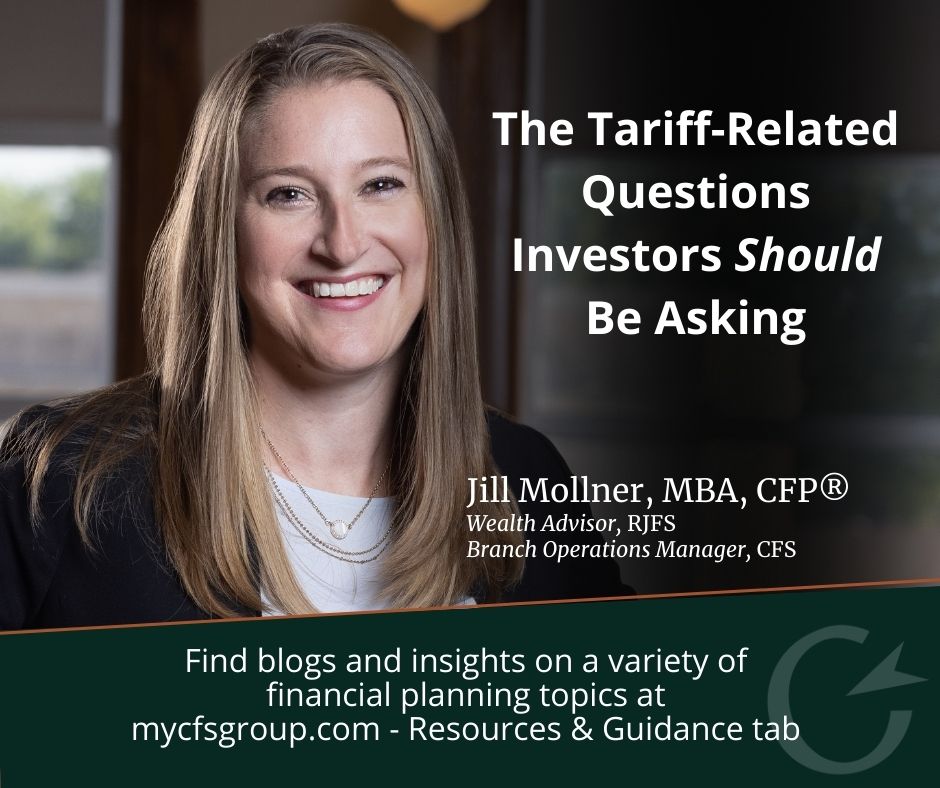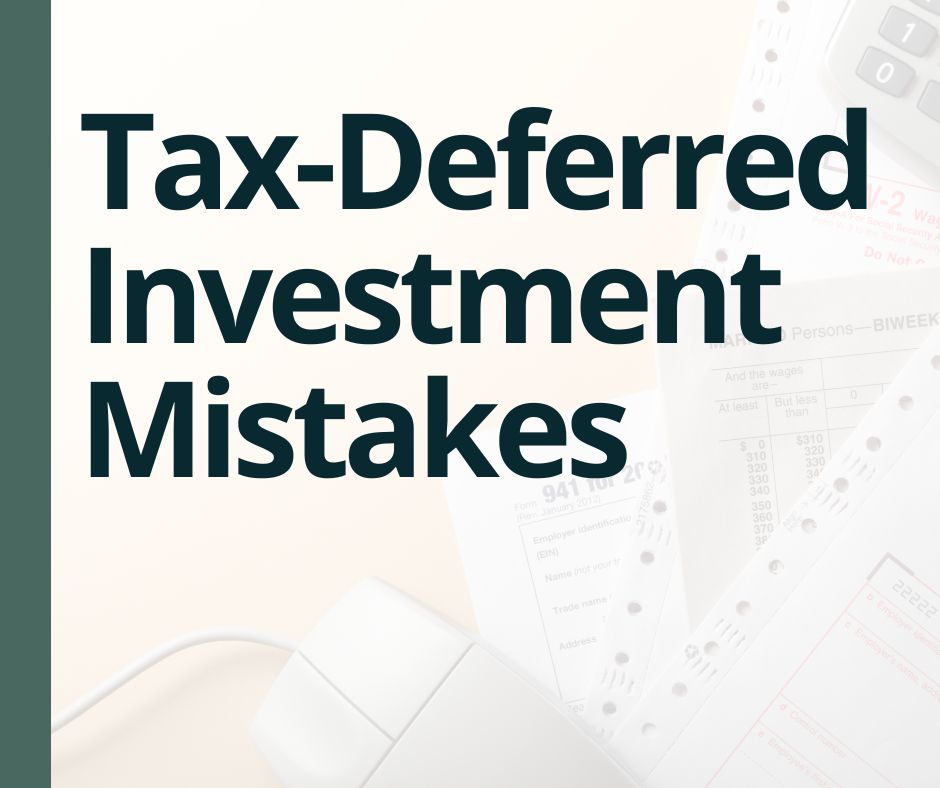Tariffs. Market swings. Uncertainty. These topics have dominated the news, leading many to ask “How does this affect my investments?”
On March 4, a 25% tariff on Canadian and Mexican imports went into effect. At the same time, an additional 10% tariff to Chinese goods. As expected, all three countries have retaliated with their own tariffs on U.S. goods.
The markets didn’t react well. The Dow plunged over 600 points that day, and the NASDAQ crept closer to correction territory. Understandably, fear has investors asking questions:
- Are the markets going into a correction?
- Will the economy go into a recession?
- Should I change my allocation?
- Is it time to get out and move everything to cash?
At Cornerstone, we believe the more important question is: How do I stay focused on my long-term goals despite short-term uncertainty?
To be clear, tariffs – especially at these levels – are not a small thing. While they can be used to generate revenue or bring countries to the negotiating table, they can also cut into corporate profits. Companies sometimes pass these costs to consumers in the form of higher prices. In other words, tariffs can be inflationary, at a time when we are still dealing with higher-than normal inflation.
What Tariffs Mean for Investors
We can make reasonable assumptions and educated guesses, but nobody knows for sure how long these tariffs will last or their ultimate effect on the economy. That uncertainty fuels market volatility and can trigger emotional decision-making.
It’s natural to want to take action and many investors want to do something. Just like packing an umbrella when it looks like rain or leaving early to avoid traffic, people want to sidestep pain caused by market volatility. Some investors may consider stepping out of the markets altogether, thinking they’ll get back in later when things are calm. Like skipping the freeway and taking service streets to avoid a traffic jam.
Why Staying the Course Matters
There’s a major problem with applying these metaphors to investing – they are short-term solutions for short-term problems. Investing is a long-term journey, and one of the biggest mistakes is making a short-term decision that has long-term consequences.
It’s true in life as well. It’s why we pack an umbrella when it looks like rain, but we don’t move to another state. Or why we may avoid driving when there’s heavy traffic, but we don’t sell our car.
A Better Approach: Thinking Like a Gardener
Investing is more like tending a garden. You wouldn’t move plants into pots because you hear distant thunder and know it might hail. You don’t overwater just because you feel the need to constantly do something. You plant in good soil, water as needed, and trust the process. While the zucchini plants may do better than the peppers, or the rosemary plant might fail, you patiently give the seeds all the time they need to sprout. The same applies to investing—staying disciplined through market cycles is what leads to long-term success.
Volatility, whatever the cause, is a short-term problem. Just as you want your garden to bear fruit for years, not months, don’t make a short-term investment move that could harm your long-term plan.
As Peter Lynch, one of the most successful investors of all time, once said:
“Far more money has been lost by investors preparing for corrections than in corrections themselves.”
A Long-Term Perspective Wins
Tariffs are an important story, one that may be with us for a long time. And market volatility can be painful. But that shouldn’t dictate your investment approach. Volatility can also be an opportunity—to practice patience, discipline, and consistency.
Instead of reacting to the latest headlines, consider these key questions:
- If I get out of the market now, how will I know when it’s time to get back in?
- Would I rather ride out a short-term correction or risk missing a long-term rebound?
- Do I truly want to sell investments I believe in, knowing I may need to repurchase them at a higher price later?
As always, we’ll continue monitoring the markets and keeping you informed. Just remember:
We cannot do anything about tariffs, or how the markets react to them. We can control how we respond. We can be gardeners.
Any opinions are those of Cornerstone Financial Solutions Inc. and not necessarily those of Raymond James. All opinions are of this date and are subject to change without notice. The information has been obtained from sources considered to be reliable, but we do not guarantee that it is accurate or complete. It is not a statement of all available data necessary for making an investment decision, and it does not constitute a recommendation. Investing involves risk and you may incur a profit or loss regardless of strategy selected, including asset allocation and diversification. Past performance is not a guarantee of future results. Material sourced by Bill Good Marketing, an independent third party.





